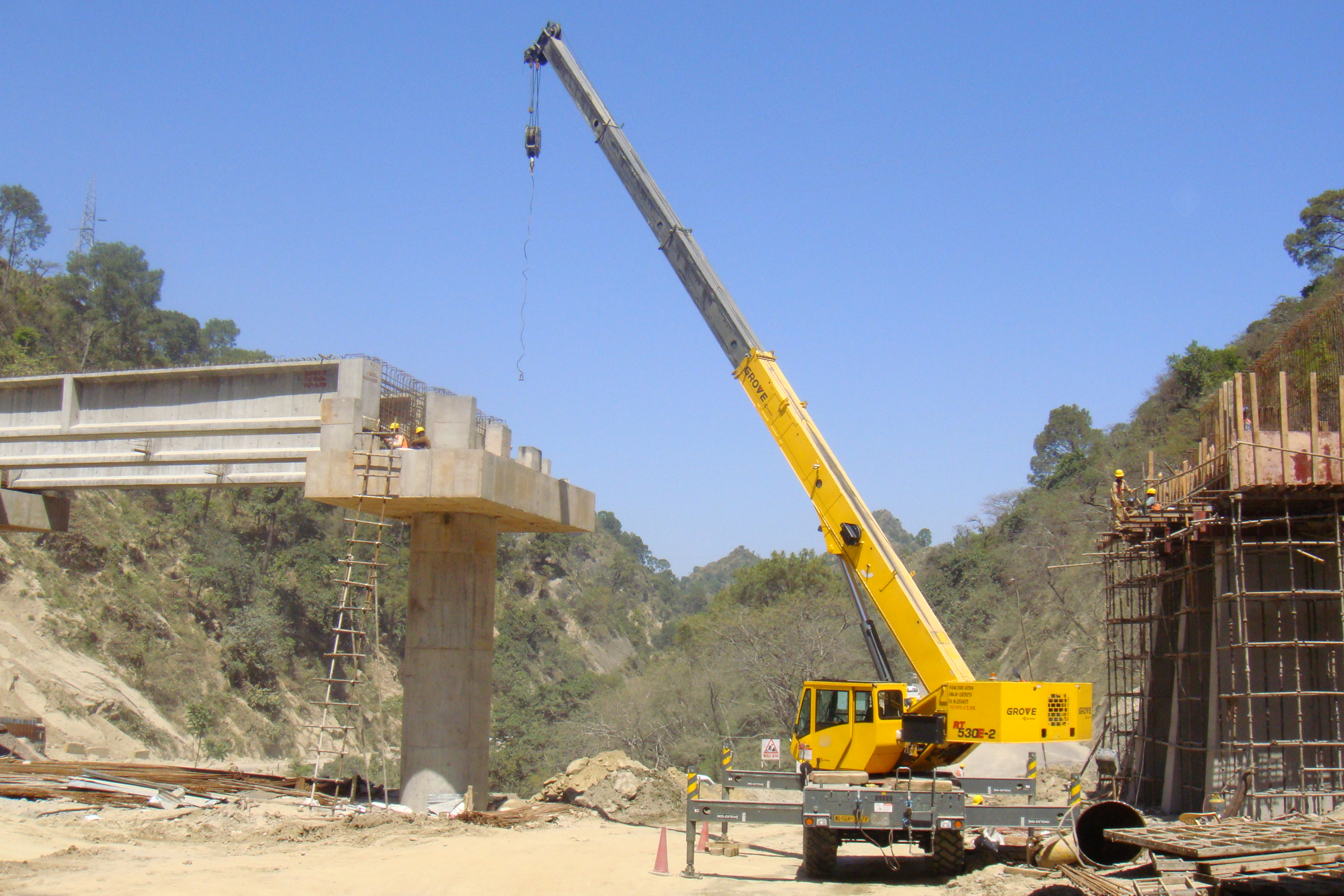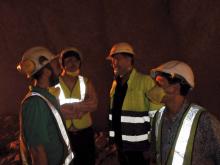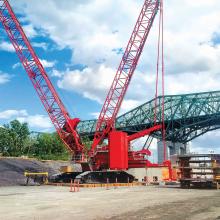
In India a fleet of rough terrain cranes has played a key role in constructing a major highway project. The Jammu to Udhampur Highway project features several major technical challenges with the route including 54 bridges, 16 viaducts, eight cross ducts and four tunnels. With such a complex project, the equipment fleet in use is extensive and the main contractor, Afcons Infrastructure, has placed heavy reliance on 19 Grove rough terrain cranes. Afcons bought 26 of the Grove rough terrain cranes in 2012, bringing its fleet of the machines to 30 units in all and the machines include 60tonne capacity RT765E-2 units and 30tonne capacity RT530E-2 units.
The cranes have been used along the length of the 235km stretch of highway. The conditions are difficult and much of the route is narrow and bordered by sheer cliff edges. In addition the terrain is very rugged while the climactic conditions are variable, ranging from heavy tropical rainstorms to extreme heat.
The manoeuvrability of the cranes has been important as the working areas can be restricted, while the versatility of the units has proved useful given the wide range of lifting duties being carried out. These tasks included shifting concrete for pours, lifting metal plates and moving steel and concrete girders. Because the cranes have been crucial to the project, Manitowoc Crane Care appointed a service engineer to manage and maintain the Grove machines for Afcons.
Work on the Jammu to Udhampur Highway project started in May 2011 and the project is now being completed. The new highway is cutting the journey time between Jammu and Udhampur from 10 hours to just five.
Because of its complexity the four-lane highway project was divided into six sub-projects. These included widening of the Jammu-Udhampur road for a distance of 64km, building the 9.2km Chenani Nashri tunnel and constructing the 43km Ramban-Udhampur road. They also included building the 36km Banihal-Ramban road, building the 15.25km Qazigund-Banihal road and building the 67.7km Srinagar-Banihal road.








